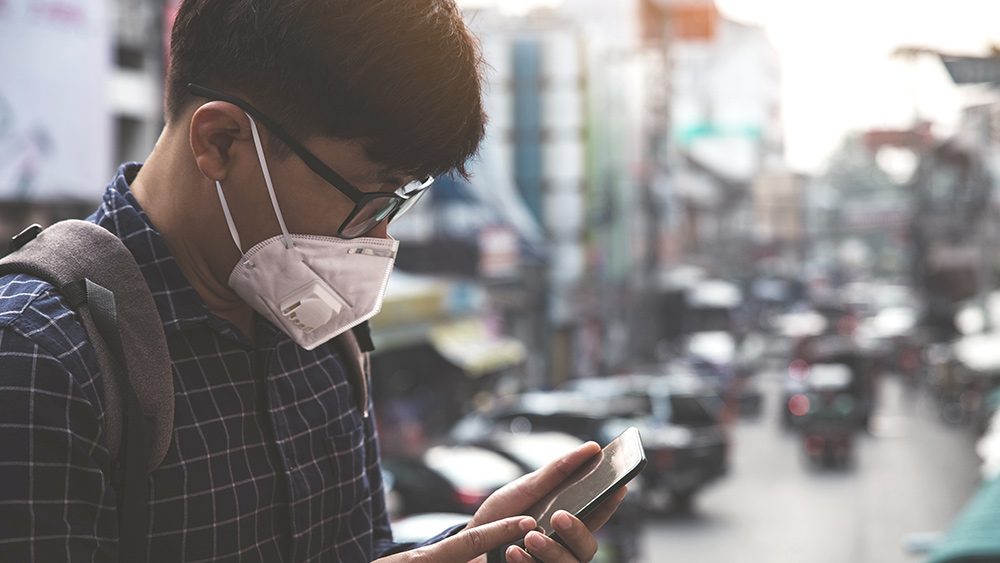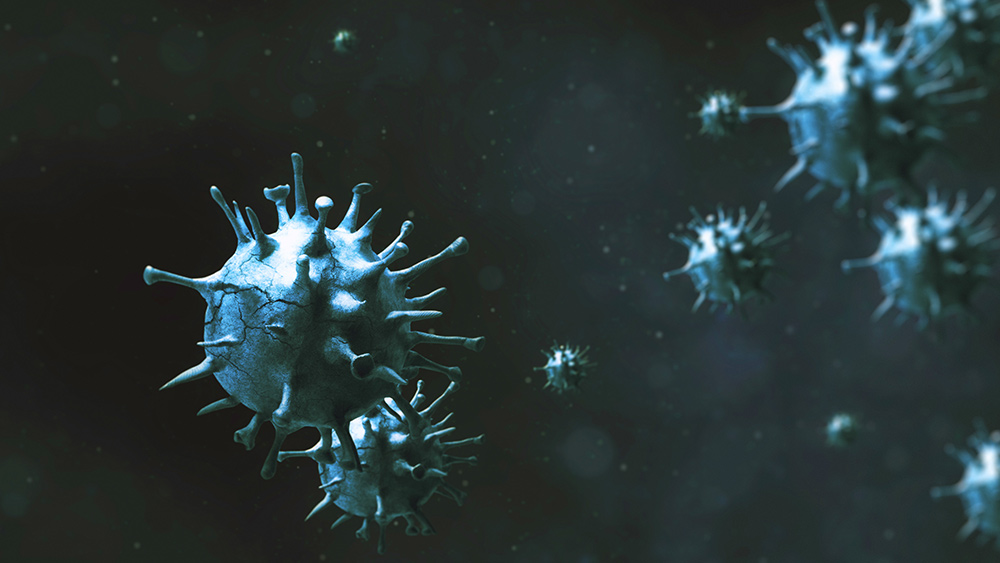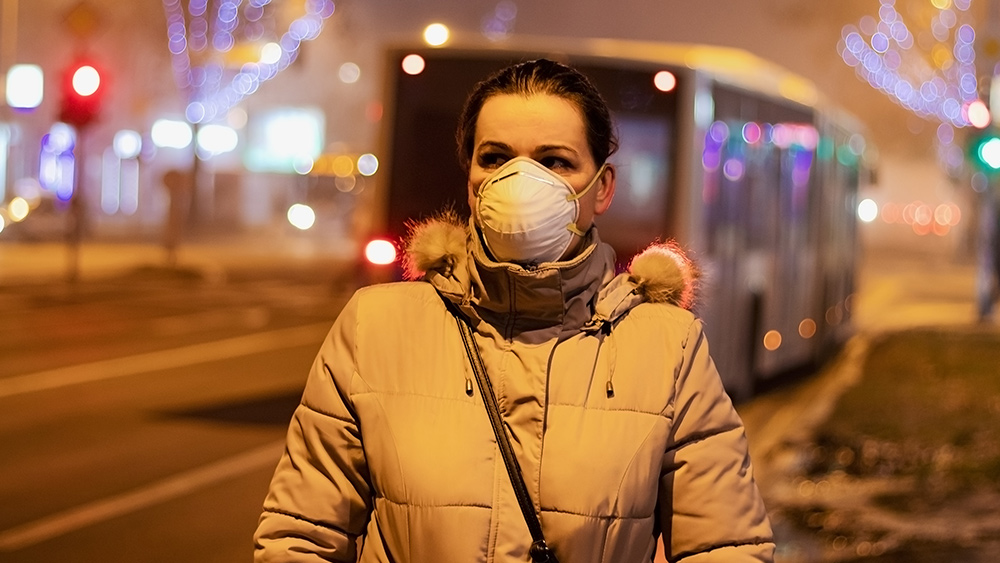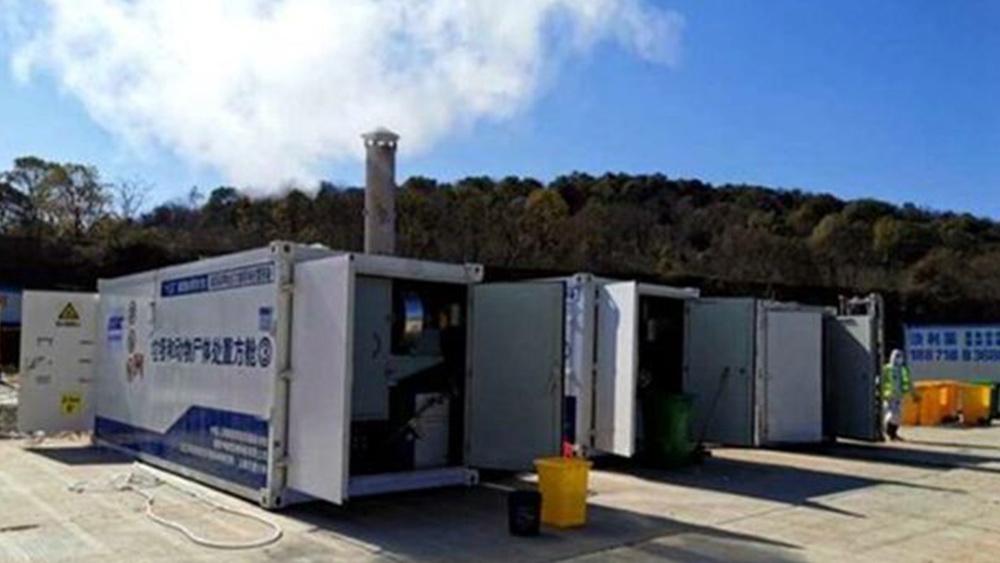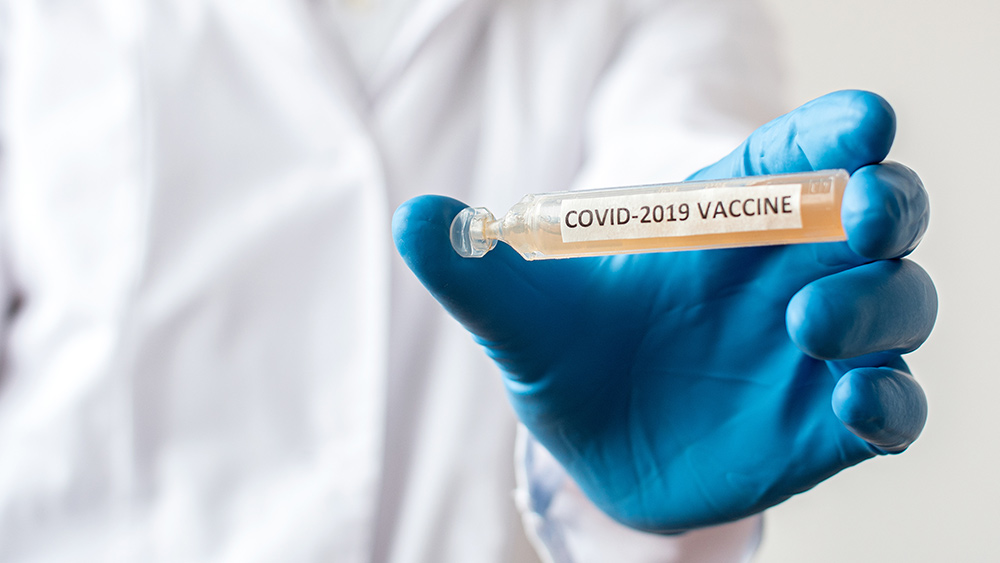Potent combo: Study explains interaction of ingredients behind the effect of energy drinks on heart rhythm
03/07/2020 / By Divina Ramirez
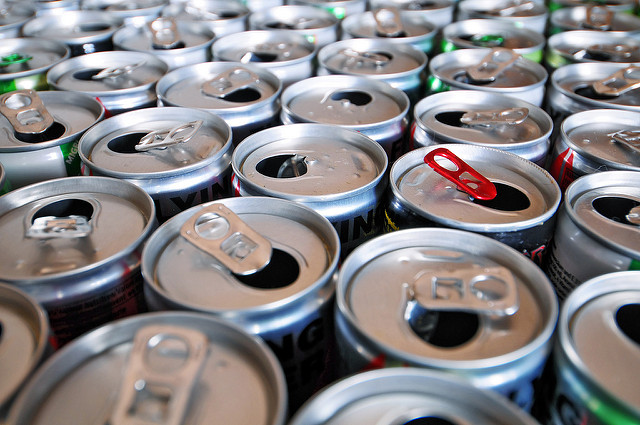
Caffeinated energy drinks increase the risk of abnormal heart rhythms and raised blood pressure levels, according to a study published in the Journal of the American Heart Association. A team of researchers from the University of the Pacific in California found that the interaction of common ingredients found in energy drinks significantly affected cardiovascular factors, such as heart rate, QT interval, systolic blood pressure and diastolic blood pressure.
How energy drinks affect heart activity
Energy drinks, as the name implies, are made to boost energy levels using two primary ingredients: caffeine and sugar. They are marketed to temporarily increase stamina and improve physical performance. Because of this, energy drinks are often the go-to energy boosters of athletes, students and workers.
Many nutritionists and healthcare professionals, however, warn against the excess intake of these drinks. This is because a can of the instant energy booster can contain as much as 62 grams of sugar. This, together with caffeine, is what creates the energizing sensation that the drinks are known for. However, researchers suggest that this same combination can potentially be fatal, as energy drink consumption has previously been linked to cases of cardiac arrest, myocardial infarction and coronary vasospasm.
The team of researchers from the University of the Pacific aimed to study the correlation between sugar and caffeine in energy drinks and how the combination affected certain cardiovascular factors. To do this, the researchers gathered 34 healthy participants between the ages of 18 and 40 years. They gave participants two different brands of caffeinated energy drinks and a placebo in intervals over the course of four weeks. The two brands of energy drinks contained the same amount of caffeine at 32 fluid ounces and varied only in the amount of secondary ingredients, like carnitine, guarana and ginseng.
In order to measure the effects of the energy drinks on the participants, the researchers regularly measured their blood pressure levels and their hearts’ electrical activities. The researchers took these measurements thrice: before the participants consumed the energy drinks, within the hour the participants were drinking and four hours after they finished drinking.
At the end of the experiment, the researchers found that the participants had high QT intervals even four hours after drinking. QT interval is the time it takes for the lower chambers of your heart to prepare for a beat. Healthcare professionals measure the QT interval to determine possible heart problems. For instance, an individual may be diagnosed with arrhythmia if the heart is found to beat abnormally. Symptoms of arrhythmia include a racing heartbeat, an abnormally slow heartbeat, chest pain or discomfort, shortness of breath and fainting spells. If left unchecked, arrhythmia can permanently weaken or damage the heart. In the case of the study, the participants were still experiencing abnormal heart rhythms despite having consumed the energy drinks four hours prior.
Moreover, the researchers found a significant increase in the participants’ systolic and diastolic blood pressure. For blood pressure to be considered elevated, readings have to consistently read above 120/80 millimeters of mercury (mm Hg). As the experiment has shown, elevated blood pressure levels were possible with only a few cans of energy drinks.
Caffeine is not the culprit
However, the researchers were convinced that caffeine alone was not to blame. They wrote in their study that caffeine, when administered at a dose similar to that of energy drinks, would not be able to cause a significant increase in blood pressure and sustain a prolonged QT interval. In addition, the researchers suspected that the effects of the energy drink may possibly be due to the combination of caffeine and other ingredients found in the drink, many of which are also stimulants.
According to Sachin Shah, a professor at the University of the Pacific and the lead author of the study, energy drinks should be avoided even if their effects on the heart are only temporary. (Related: Energy drinks found to be shockingly toxic to the human heart.)
A single can of energy drink contains high amounts of caffeine and sugar. Because of this, energy drinks can potentially affect the body more than coffee. According to the researchers, if you are at risk of or are already diagnosed with metabolic syndrome, Type 2 diabetes, cardiovascular disease and hypertension, it would be best to avoid energy drinks entirely.
Sources include:
Tagged Under: arrhythmia, artificial sweeteners, caffeine, diabetes, energy drinks, grocery, heart damage, heart disease, ingredients, sugar


